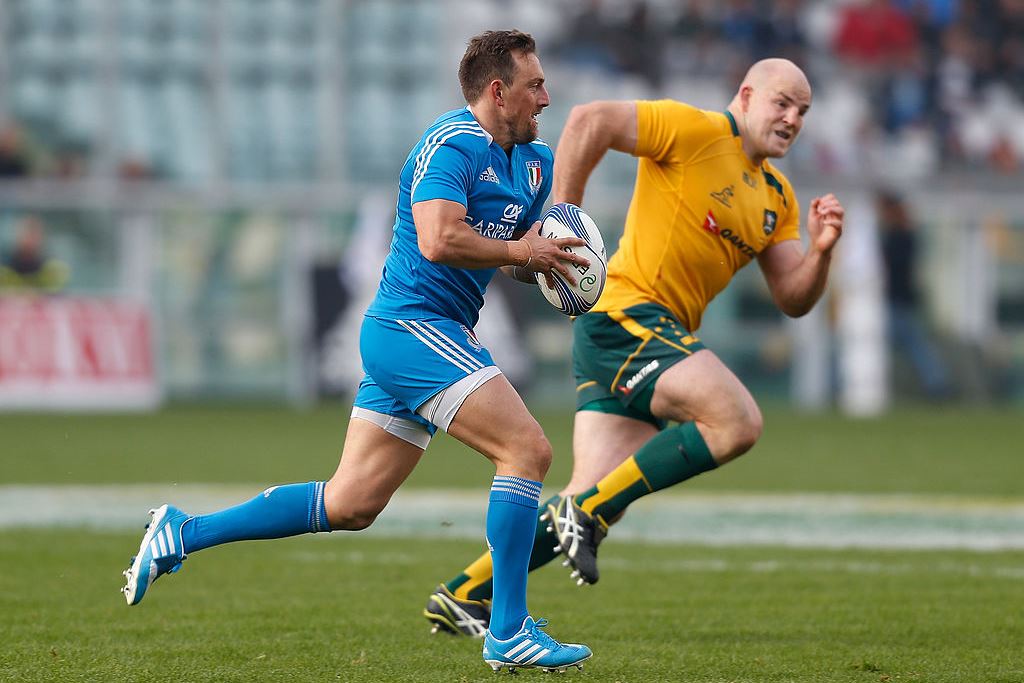
WHEN I left Rosario at the age of 24 to go to play in Italy, it was just after England had won the World Cup. Being a fly-half, Jonny Wilkinson was an idol of mine so to later get the chance to play against him in the Premiership with Leeds was amazing.
I remember being out on the pitch with him before the match while he was practising his goal-kicking. I was supposed to be going through my pre-match routines too, but I was so awe-struck I just stood there and watched him. We beat Newcastle that day and it taught me a lesson – to concentrate on my own performance rather than worry about who we were playing. My only regret was that I was too shy to go up and speak to him afterwards.
Before Leeds I’d had a really nice experience – one of the best of my life – at Cornish Pirates. I’ll be forever grateful to Dicky Evans for signing me from L’Aquila. It was a steep learning curve for me as I think I was the only Argentinian in the whole of Cornwall. Learning English, with the Cornish accent, wasn’t that easy! One thing I took to straight away though was the Cornish pasty. I loved them; they were even better than the Argentinian equivalent, empanadas.
We had an amazing team and four or five of us got into the 2006/07 Championship Dream Team. I’m still friends with former teammates such as Tim Cowley, Vili Masi, Alan Paver and Gavin Cattle, as well as people like Anita George, who sponsored me through the “Logan Rock Inn” in St. Levan.
We played in Camborne that year and it was a great atmosphere with 3-4,000 people watching the big games. Jim McKay, the coach, was a massive influence on me. One of his biggest mottos was ‘risk failure to succeed’. I used that philosophy throughout my life. We didn’t have the biggest of squads, but he managed us really well and we won the EDF National Trophy and challenged for the league title.
Around 10,000 people travelled down from Cornwall to Twickenham for the final against Exeter. It was crazy seeing all the buses and cars full of fans as we travelled down the M4 to London. And there must have been even more than that on the streets of Penzance on the Monday after the final for the open top bus parade. Those memories will stay with me forever.
It was a tough decision to leave the Pirates, but it was always my aim to play at the highest level in England having watched Premiership matches back home on TV. I had a good meeting with Lanny (Stuart Lancaster) and I knew Leeds had a good team because we’d played them three times that season. I arrived in Leeds not long after Diego Albanese, a club legend, had left and I remember on my first day people asking if I was from Argentina like Diego. ‘He was the Maradona of Leeds’, they’d say. No pressure then!
With a young squad, we knew it would be tough for us to compete in the Premiership and the first game against Gloucester reinforced that. Lesley Vainikolo scored five tries against us in front of a very big crowd, and I broke my hand after 20 minutes. Not what you would call the best debut! I kept playing for a while, but I had to come off in the end because it was too painful.
The Newcastle win later that season was one of only two we managed all year and we were relegated. I think I made almost 25 appearances and I learned a lot, mainly that the margins between success and failure are so small at that level so you have to do everything possible to come out on the right side of the scoreline.
As a human being, Lanny is a hell of a person. I have the utmost respect for the way he works. He cares a lot about the players and how to build a team. He is one of the best coaches in the world and it’s great to see him doing great things with Leinster; I only have good words to say about him. I enjoyed my time at Leeds, even if we were always joking about how bad the weather was. It’s great to have that association with the city especially with what Marcelo Bielsa has achieved at Leeds United.
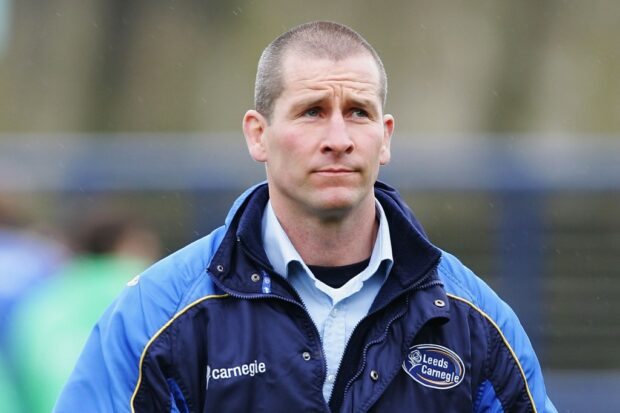
Then I had a spell in the Top 14 with Bourgoin, a beautiful small city where the people loved their rugby. It was very much like Penzance in that respect. Tim Cowley helped get me a contract there and in my first year we did well beating the likes of Toulouse and Montpellier. It was good for my rugby, too, as it gave me a different outlook away from the more structured approach in England.
Signing for Benetton Treviso in the PRO12 meant I got to play in all three of the professional divisions in Europe, which was nice. With three Argentinians in the squad, it felt more like home. In my second year we were doing well as a team and I got capped by Italy in the summer of 2013. It wasn’t something I expected to happen, but it was great to experience Test rugby, nonetheless.
We played in a tournament in South Africa and only lost to Scotland by a point after they scored in the last minute. My fourth and final cap came against Australia later in the year in Torino, which was special day for me and Jim as he was coaching the Wallabies at the time. We started well but we missed some tackles and let them in for a couple of tries and they went on to win quite easily in the end.
I left Europe to return home to Argentina in 2014 having made so many friends all over the world. I am so grateful to everyone who helped me in my journey and I can honestly say that every shirt I wore, I wore with pride. It was always my dream to finish my playing days at my first club, the Jockey Club of Rosario, and in my third year back we won the Championship title for the first time in 16 years.
Nowadays, I work for our family pharmacy and I’m also a player manager for Esportif. Leigh Hinton, another very good friend of mine, helped to get me the job and I’m really enjoying it; it’s great to still be involved in the game.
– as told to Jon Newcombe


British and Irish Lions
Henry Pollock’s rise to stardom continues with 2025 British and Irish Lions selection

British and Irish Lions
Maro Itoje named British and Irish Lions captain for tour of Australia


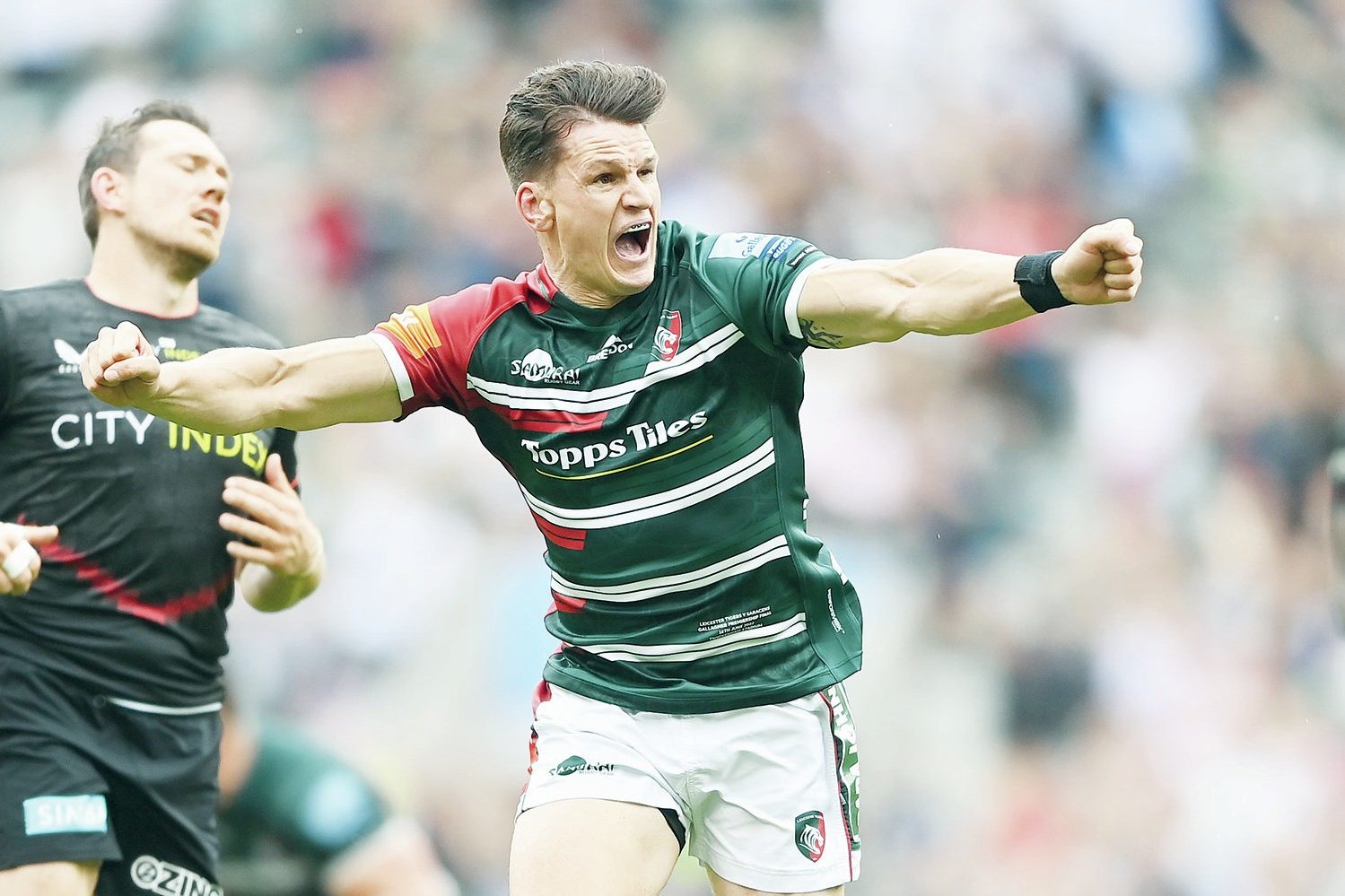














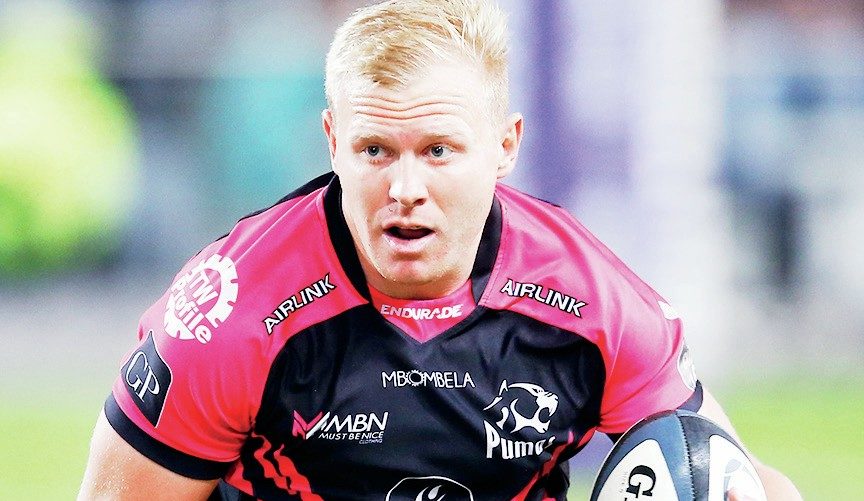
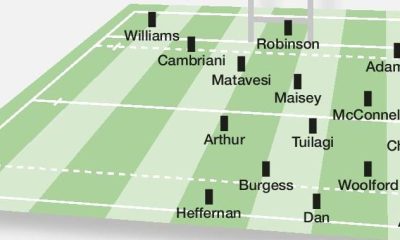

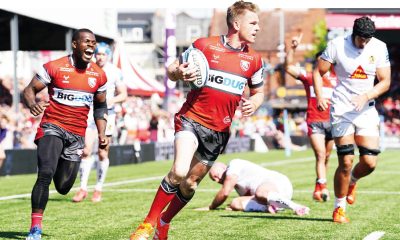

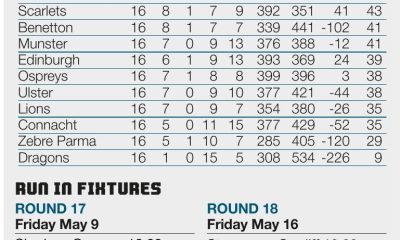

You must be logged in to post a comment Login